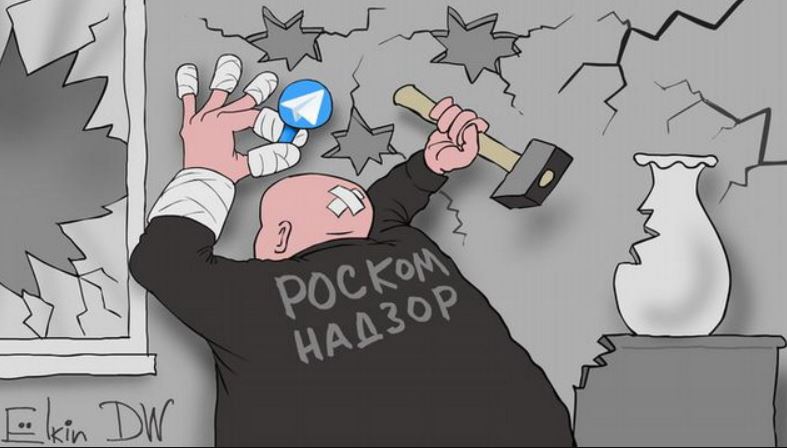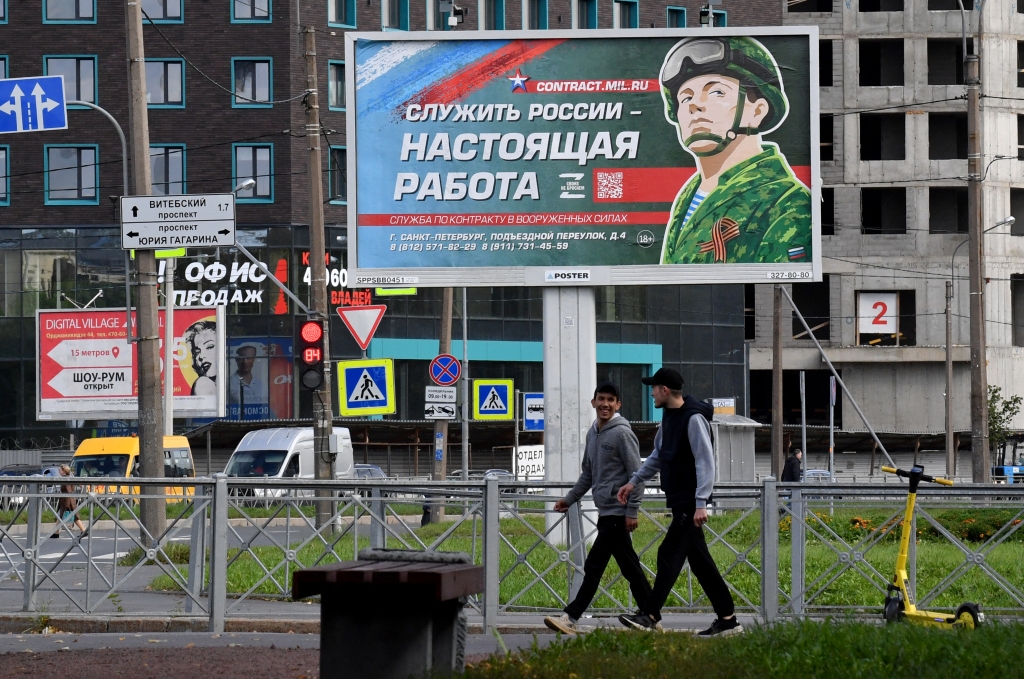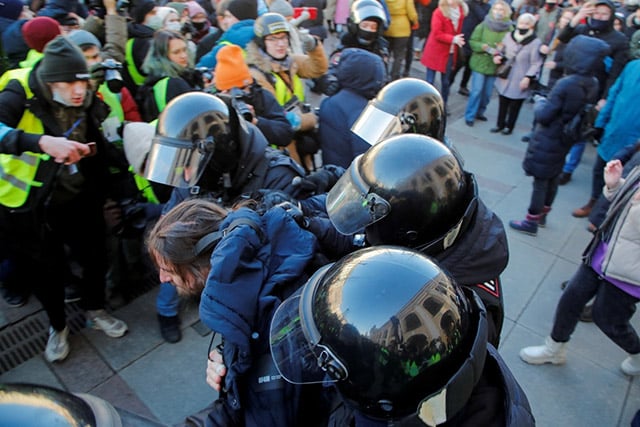When any “reform” related to the freedom of speech is carried out, then first of all, one should ask: what is the government that implements this “reform” like and what is the political regime of the country like? If we are talking about Germany or any other Western European country, there is a high probability that the new regulations are introduced with some good intentions.
Another issue is that these goals may not be realized, and what’s more, in the end, the state will achieve the exact opposite result. But in the case of Russia or Armenia, “doubts” about good intentions are completely unfounded. In a country where the terms of the president are “zeroed” after the adoption of a new constitution, or in another country where the Constitution is changed solely to create more comfortable conditions for the given power to reproduce, all kinds of “reforms” in such countries are carried out only to limit the rights of citizens. And those steps will certainly be implemented, because the parliaments in the above-mentioned states are essentially one-party.
A few years ago, we had the experience of contacts with “Roskomnadzor.” That organization demanded the removal of references to a Russian businessman from the Russian-language Aravot website. Moreover, we fulfilled the request twice, but when we saw that the state body is in constant search and has been searching and finding that name and surname in various publications “for years,” we understood that there will be no end to it. After not removing the regular publication, “Roskomnadzor” blocked the distribution of the website in the Russian territory. After some time, however, that ban was lifted. Aravot neither sold drugs through the website, nor distributed prohibited content. It just mentioned the name of a businessman enjoying Russian state patronage once, and that too in a neutral context.
Now is it clear why they want to create the Armenian “Roskomnadzor”? The government does not want unpleasant words to be written about it on the Internet. Previously, the duty to “catch” those words was placed on the police, because “serious offense” was criminalized, but it was too absurd, and (probably at the urging of Western structures) that shameful legal norm has disappeared. Now state funds can be spent on creating a special body, and several dozen bureaucrats will do the same work. In fact, searching the Internet for unpopular words is, of course, a Sisyphus task, but it is not essential. The important thing is to follow the instructions above.
Read also
Aram Abrahamyan























































